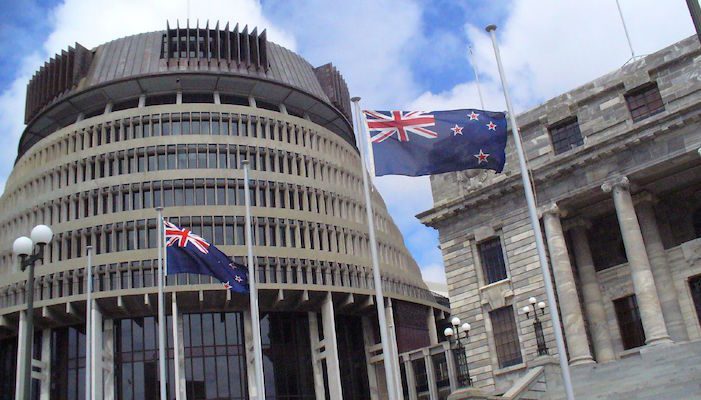
Most students know that democracy means ‘rule of the people’. At the very least, this suggests that in a democracy ordinary people should have a say in government.
Of course this leaves lots of big questions unanswered. Who are the people who should have a say? All people living in a particular state? All adults? All adult citizens? Or what about all those affected by a particular government’s decisions? For some of the decisions governments’ make, this is likely to be a much large group than that simply of citizens.
And how should people have a say in government? Famously, the first democracy – that of Athens in the fourth century BCE – was a direct democracy in which all citizens could and did participate themselves in the business of government. Thousands of citizens would meet regularly in public in order to deliberate and make decisions affecting the fate of their city.
Nowadays, this first sort of democracy has not entirely disappeared. There are still traces of direct democracy left here and there in contemporary political systems. For example, the Swiss have the ability to call for referenda – direct votes by all citizens – which, if successful, can actually change the Swiss constitution. In this way, a ban on the building of minarets was added to the constitution in 2009, and has remained there to this day.
But in practice the most important way in which ordinary people has a say in government today is by choosing the member of a political party as their representative. In other words, we ourselves do not govern, but we choose someone who shall. Our ability to do this can be described as a ‘right to representation’, a right to be found in various legal instruments.
For instance, Article 21 of the Universal Declaration of Human Rights, 1948, reads as follows: ‘1. Everyone has the right to take part in the government of his country, directly or through freely chosen representatives’. Article 25 of the International Covenant on Civil and Political Rights, 1966, expresses the same idea.
Normally it is accepted that this right is realized if each citizen has one vote, and no citizen has more than one. Often this political arrangement works fine. It doesn’t mean that everyone gets the government they wanted, but it does give everyone a fairly equal say in it.
But in some circumstances, the ‘one person, one vote’ principle doesn’t work out so well in practice. For example, if a members of a large but still minority ethnic group are spread out more or else evenly over a state’s territory, then that group may be consistently outvoted in very election, and never get the government of its choosing.
What’s worse, if the interests of the majority are opposed to the minority, then the latter group may be severely and permanently disadvantaged. It’s in circumstances like these that some people are for a special right to representation, which boosts the chances that the minority in question will get an effective political voice. This can be achieved in various ways.
In my module Theories of Justice I use the example of reserved seats for the Maori in the New Zealand parliament. Such an arrangement gives this indigenous people a guaranteed presence in their country’s political system, a presence they might fail to get if this system of reserved seats was not in place. For its critics, such a system is wrong since it gives the Maori an unfair disadvantage. For its defenders, it gives them the same advantage as that already enjoyed by the non-Maori majority.
So who is right? Is special representation ever justified? Is it justified in the New Zealand case? Could it be justified elsewhere? These are the very questions that need to explored in the classroom.
Further Reading on E-International Relations
- Opinion – Assad’s Regime Has Fallen: Time to Lift Sanctions on Syria
- The Responsibility to Protect Has Turned into a Strategic Mistake
- Legal Representation for Asylum-Seekers and Refugees: Much Needed yet Sparse
- Gender Representation in IR Journals: Experience from Indonesia
- A Recessional Power: How Britain’s Claim to Be a Great Power Has Been Fatally Undercut
- Is South Korea the New Quintessential Representation of Soft Power?